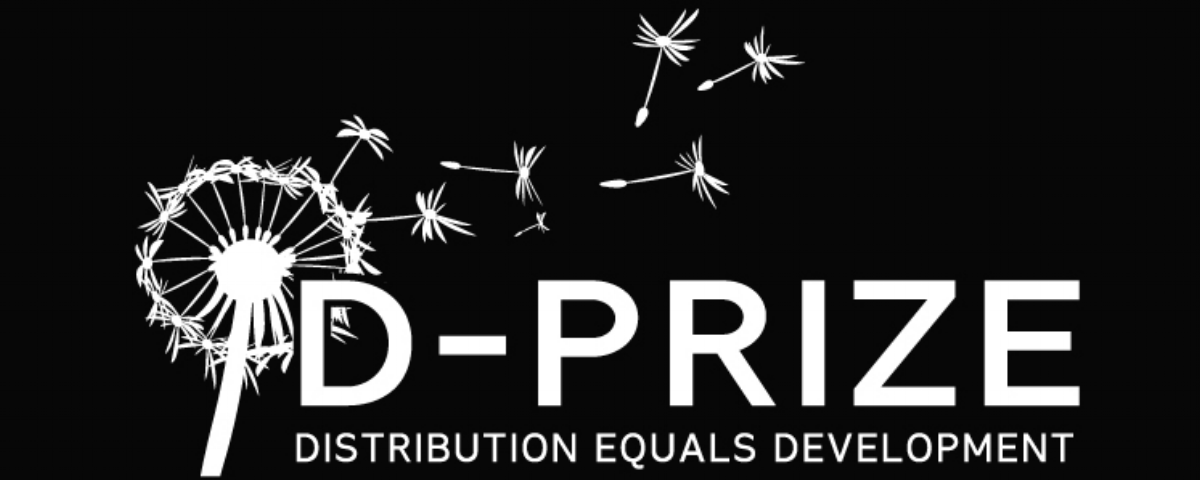MATERNAL HEALTH CHALLENGE; SOUTH SUDAN
PROVEN INTERVENTION TO BE DISTRIBUTED
Misoprostol, a $3 drug that could prevent 100,000 maternal deaths from postpartum hemorrhaging.
Learn more about the Maternal Health Challenge and how the distribution of Misoprostol, a $3 drug that can prevent maternal deaths from postpartum hemorrhage, could save thousands of lives.
DISTRIBUTION MODEL INNOVATION
African 1000 Days Action brings affordable, quality maternal healthcare to poor women with limited access to primary healthcare services. The organization trains facility-based healthcare providers and traditional birth attendants to administer Misoprostol as a postpartum hemorrhage prevention method. The organization will ensure an effective supply chain in the Upper Nile State region of South Sudan to allow the drug to be available at an affordable price and will establish a modern pharmacy to distribute Misoprostol. To begin, African 1000 Days Action will obtain a written official approval from the South Sudanese Ministry of Health for the implementation of the project. The team notes that this is a crucial step in a post-conflict country where many regions are still militarized and the local project staff may need to frequently demonstrate that the project is approved by authorities. Then African 1000 Days Action will conduct meetings with important stakeholders including the Chinese Petroleum Extraction Company airline which is the only transportation available to reach their pilot location from Juba, South Sudan's capital city.
The organization will focus on identifying and training traditional birth attendants. In South Sudan, around 80% of mothers deliver at home assisted by traditional birth attendants. While public healthcare institutions suffer from a lack of equipment and human resources, private pharmacists, drug shop owners, and private clinical officers have built expansive networks within the community and are playing a vital role in providing health services to remote communities. Private healthcare providers and traditional birth attendants will be chosen from this group to train on the correct use of misoprostol.
PILOT AND SCALING GOALS
- Train 500 healthcare providers and 1,000 Traditional Birth Attendants (TBAs) to administer misoprostol during the pilot
- Grow to 5,000 healthcare providers and over 10,000 TBA trainees by the end of 2019
- Ensure misoprostol supply chain to mothers during childbirth in rural areas
FOUNDING TEAM
Jean Luc Ugirashebuja - Executive Director


